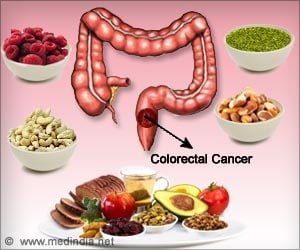Women who begin their menstrual cycle before they turned 11, have an increased risk of attaining menopause when they are 40 or even younger.

- Women who started their menstrual periods aged 11 or younger had an 80% higher risk of experiencing a natural menopause before the age of 40.
- Women who had never been pregnant or who had never had children had a two-fold increased risk of premature menopause.
- The risk of early menopause between the ages of 40-44 increased by 30%.
- Considering menstrual history would help diagnose fertility problems and identify risk of chronic diseases.
It found that women who started their menstrual periods aged 11 or younger had an 80% higher risk of experiencing a natural menopause before the age of 40 (premature menopause) and a 30% higher risk of menopause between the ages of 40-44 (early menopause), when compared with women whose first period occurred between the ages of 12 and 13.
Women who had never been pregnant or who had never had children had a two-fold increased risk of premature menopause and a 30% increased risk of early menopause.
The risk increased even further for women whose periods started early if they had no children: the risk of premature or early menopause increased five-fold and two-fold respectively compared to women who had their first period aged 12 or older and who had two or more children.
The lead researcher for the study, Professor Gita Mishra, Professor of Life Course Epidemiology and Director of the Australian Longitudinal Study on Women's Health at the University of Queensland, Australia, said, "If the findings from our study were incorporated into clinical guidelines for advising childless women from around the age of 35 years who had their first period aged 11 or younger, clinicians could gain valuable time to prepare these women for the possibility of premature or early menopause.”
In addition, they could consider early strategies for preventing and detecting chronic conditions that are linked to earlier menopause, such as heart disease.
In this study only 12% of the women remained childless and it is possible that they may have remained childless due to ovarian problems, which may or may not have been detected, and which might also be implicated in the early onset of menopause. (Women who had their menopause as a result of an intervention, such as removal of the womb or ovaries, were excluded from the study).
Prof Mishra said,"In general, we know that women who do not become pregnant have an earlier menopause than women with children. It is also the case that common factors could explain the relationship and influence fertility, the timing of the first period and menopause; these range from genetics factors to environmental factors in childhood such as obesity, psychosocial stress and the social environment.”
"The message for everyone to take on board from this and other similar studies is to think of the timing of menopause as a biological marker of reproductive aging, which has implications for health and the risk of chronic diseases. So if we want to improve health outcomes in the later life, we need to be thinking about the risk factors through the whole of a woman's life from the early years and the time of their first period through to their childbearing years and menopause."
Reference
- Gita D. Mishra et al., Early menarche, nulliparity and the risk for premature and early natural menopause, Human Reproduction (2017) doi: 10.1093/humrep/dew350.
Source-Medindia















